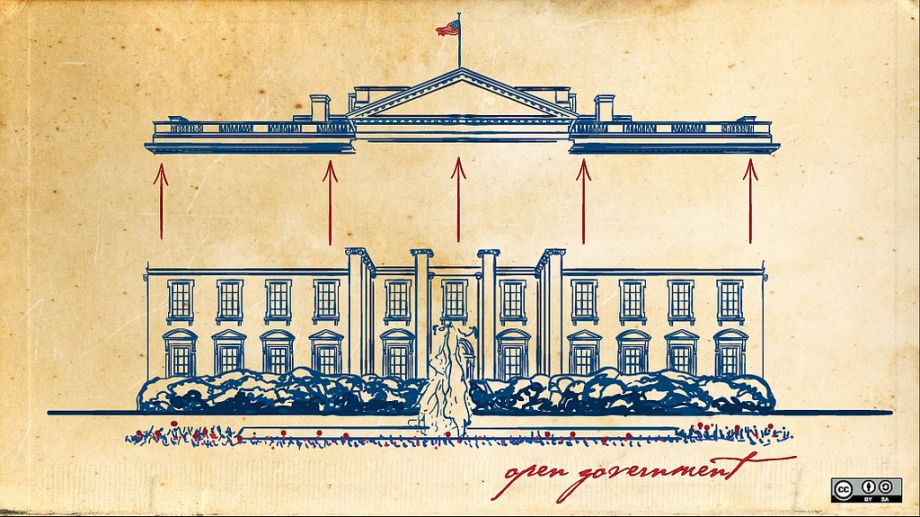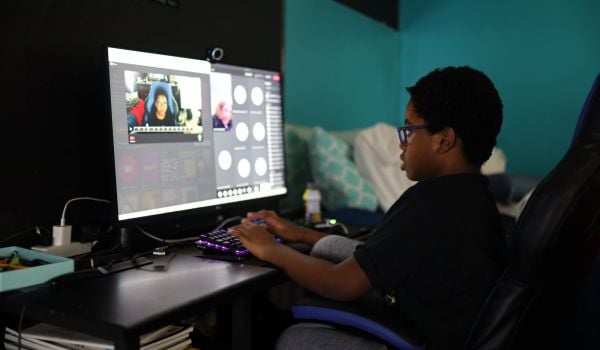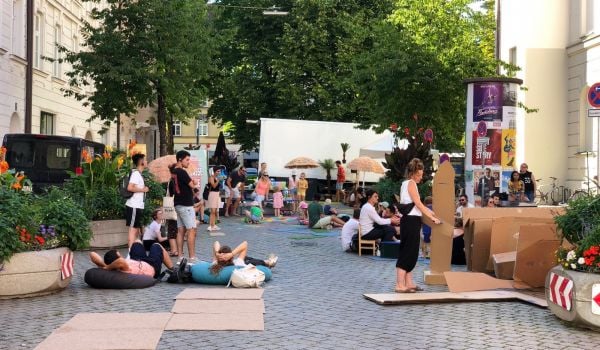The Knight Foundation this week announced the eight winners of its 2013 News Challenge, a $3.2 million competition that aims to award forward-thinking players in media and civic tech.
Despite its name, the News Challenge doesn’t focus only news media, even the newfangled outlets like blogs and other online publications. Now in its sixth year, the competition has come to take a broad definition of media innovation, seeing it as any service that is “meeting community information needs.” That opens the floor to apps and other web tools that deliver info to users directly, without filtering it through the Fourth Estate.
This year’s contest, for instance, had an open government theme. The winners’ goals range from providing up-to-date information on vacant properties in New Orleans, to giving low-income Chicago residents the tools to access and demand data important to their lives, to acting as a simulator that lets users understand how different policies will affect their communities.
One of the winners, Procure.io, has more to do with streamlining a often-frustrating government process. You might know co-creator Clay Johnson as the author of The Information Diet: A Case for Conscious Consumption, a 2012 book arguing that the digital age’s bountiful information means we must figure out ways to consume information responsibly. His app could be seen as a microcosm of that philosophy: Procur.io seeks to make government contract bidding more transparent by simplifying the way smaller companies bid on government work.
To find out more details about each of the winners, see this press release from Knight.
But what’s up with a competition ostensibly dedicated to news media and exclusively awarding web tools — created, after all, not by journalists but by web developers? Michael Maness, Knight’s vice president of journalism and media innovation, explains the rationale a bit in an accompanying video
“It’s a nascent space but there’s a lot of vibrancy to it,” Maness said of civic tech. “We see everything from the federal level to the state level, and a lot of cities and municipalities trying experiments around what happens when we release databases, how they become more transparent, how to lower the barriers of entry for citizens to participate in their government.” He positioned the competition as a way of supporting efforts to “make government more interactive” and, in the process, “transform the way we live in our cities, towns and states.”
Indeed, the eight winners, fully funded, are out to transform the way individuals relate to their urban context — spatially, interpersonally and politically. Scan through the eight winners and you’ll begin to notice that these initiatives are about direct communication between citizens and their government. They not only open up resources to journalists and cultural critics, but also extend those same resources to your garden-variety concerned citizen. Some, like Outline.com and Oyez, are useful for conventional journalistic inquiries but, even these are also made are available to the general public.
“Open Government tools help journalists do their jobs, because more transparency and information opens avenues for deeper reporting,” Maness wrote in an email. “The winning projects also help people to be better informed and to engage with the institutions that affect our lives, holding them accountable.”
Oh, and in case you were wondering if the Knight News Challenge “may be finished” — as the Niemen Journalism Lab reported Knight CEO Alberto Ibargüen saying at conference in Cambridge, Mass. this month — you likely needn’t worry.
“The comment about News Challenge was a way to invite feedback into the process and also use the gathering – which included innovators from the media and tech community — as an ideal place to take the current temperature of the landscape and see where we can improve,” Maness wrote. “No decision has been made on shifting the format, and in fact, we just announced yesterday that our next News Challenge topic will focus on Health.”
Previously:
“The Post-Hero Economy: Learning to Lead Through Networks”
“When We’re All Urban Planners: Making a Virtual Village to Create a Better City”






_600_350_80_s_c1.jpg)









